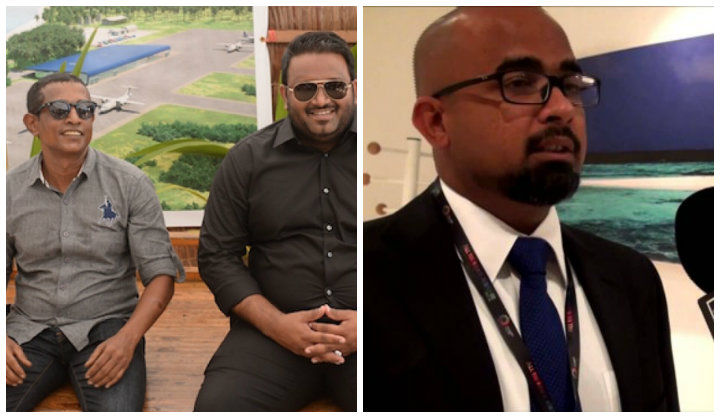US$79m embezzled in Maldives’ biggest corruption scandal
A staggering US$79 million from the Maldives tourism promotion company was siphoned off into the bank accounts of former Vice President Ahmed Adeeb’s associates, including US$65 million collected as acquisition costs from leasing islands, lagoons, and plots of land for tourism.

06 Feb 2016, 09:00
A long-awaited audit report of the Maldives’ biggest corruption scandal has exposed the embezzlement of a staggering MVR1.2 billion (US$79 million) from the government-owned tourism promotion company.
The special audit of the Maldives Marketing and Public Relations Corporation implicated former Vice President Ahmed Adeeb’s associates in the theft of US$65.01 million collected as acquisition costs from leasing islands, lagoons and plots of land for tourism.
The audit examined the MMPRC’s transactions from the first day of the current administration in November 2013 to Adeeb’s arrest on suspicion of plotting to assassinate President Abdulla Yameen last year.
After publicly accusing his deputy of using MMPRC funds to bribe the police and military following his arrest on October 28, Yameen had ordered the Auditor General’s office and the Anti-Corruption Commission to launch an investigation.
Become a member
Get full access to our archive and personalise your experience.
Already a member?
Discussion
No comments yet. Be the first to share your thoughts!
No comments yet. Be the first to join the conversation!
Join the Conversation
Sign in to share your thoughts under an alias and take part in the discussion. Independent journalism thrives on open, respectful debate — your voice matters.




